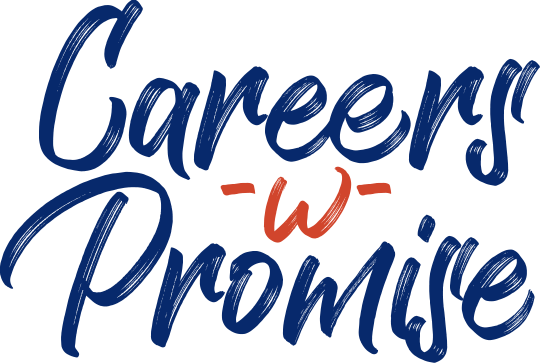Financial Freedom

Three reccomendations for boosting FINANCIAL success…
1
Buy experiences — such as vacations and outings with friends or loved ones.
2
Spend on others instead of solely on material possessions.
1
Establish automated payments and savings that lessen daily worry about money.
Rath, Tom. Wellbeing: The Five Essential Elements (Kindle Locations 559-565). Gallup Press. Kindle Edition.
Financial Literacy Series
Money and its Importance comes down to our Assumptions
Who should you listen to when it comes to your MONEY?
Do the personal finance gurus have all of the answers? Or should you rely on the social class system, supposing that people make rational decisions resulting in optimal monetery gain?
The reality is:
FINANCIAL WELL-BEING IS NOT ABOUT THE AMOUNT OF MONEY YOU HAVE BUT RATHER THE FINANCIAL SECURITY YOU ARE ABLE TO BUILD.
There are ideals being thrown around right and left about:
- Money can’t buy you happiness
- translate to “I don’t have any money myself
- Money can buy you happiness
- Happiness does not always equal well-being
At the end of the day you can easily count Money, but it’s still a highly subjective variable in your life. If you want to improve your FINANCIAL WELL-BEING, your first step is to make sure your Career Well-being and your Social Well-being are THRIVING. Income, debt, and net worth are some of the most common tools we use to evaluate the overall health of our finances. Financial Well-Being is most accurately defined as: managing personal finances well to create financial security. The reality is you must work to eliminate the day-to-day stress caused by debt while building up your financial reserves. The areas that should get the most attentions are spending wisely and not frivulously, purchasing experiences over things, and giving to others. The ultimate benefit of Financial Well-Being is the financial freedom to spend even more time with the people whose company you enjoy most.

1
Buy experiences — such as vacations and outings with friends or loved ones.
2
Spend on others instead of solely on material possessions.
3
Establish automated payments and savings that lessen daily worry about money.
Rath, Tom. Wellbeing: The Five Essential Elements (Kindle Locations 559-565). Gallup Press. Kindle Edition.
Financial Literacy Series
Money and its Importance comes down to our Assumptions
Who should you listen to when it comes to your MONEY?
Do the personal finance gurus have all of the answers? Or should you rely on the social class system, supposing that people make rational decisions resulting in optimal monetery gain?
The reality is:
FINANCIAL WELL-BEING IS NOT ABOUT THE AMOUNT OF MONEY YOU HAVE BUT RATHER THE FINANCIAL SECURITY YOU ARE ABLE TO BUILD.
There are ideals being thrown around right and left about:
- Money can’t buy you happiness
- translate to “I don’t have any money myself
- Money can buy you happiness
- Happiness does not always equal well-being
At the end of the day you can easily count Money, but it’s still a highly subjective variable in your life. If you want to improve your FINANCIAL WELL-BEING, your first step is to make sure your Career Well-being and your Social Well-being are THRIVING. Income, debt, and net worth are some of the most common tools we use to evaluate the overall health of our finances. Financial Well-Being is most accurately defined as: managing personal finances well to create financial security. The reality is you must work to eliminate the day-to-day stress caused by debt while building up your financial reserves. The areas that should get the most attentions are spending wisely and not frivulously, purchasing experiences over things, and giving to others. The ultimate benefit of Financial Well-Being is the financial freedom to spend even more time with the people whose company you enjoy most.
For daily tips, tricks, words of wisdom, and inspiration, follow us on facebook and twitter!
Contact Us:
Mailing Address: 8500 E. 116th St. #848, Fishers, IN 46038
Phone: 1-888-577-1190
Email: Inspiration@careerswithpromise.com

